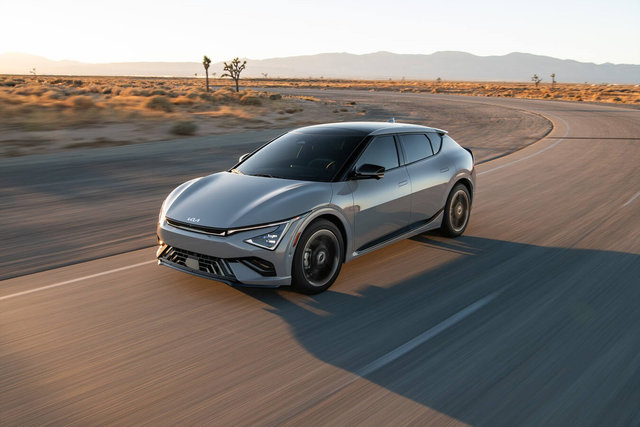April 16 2025,
Fresh Look, New Tech: Exploring the Updates on the 2025 Kia EV6
The 2025 Kia EV6 arrives with a striking redesign that transforms both its appearance and functionality. The exterior now features a more sinuous profile with dynamic front-end styling that flows seamlessly into the vehicle's side profile. This refreshed look is punctuated by Kia's signature Star Map lighting treatments at both front and rear, creating an unmistakable presence on Canadian...







